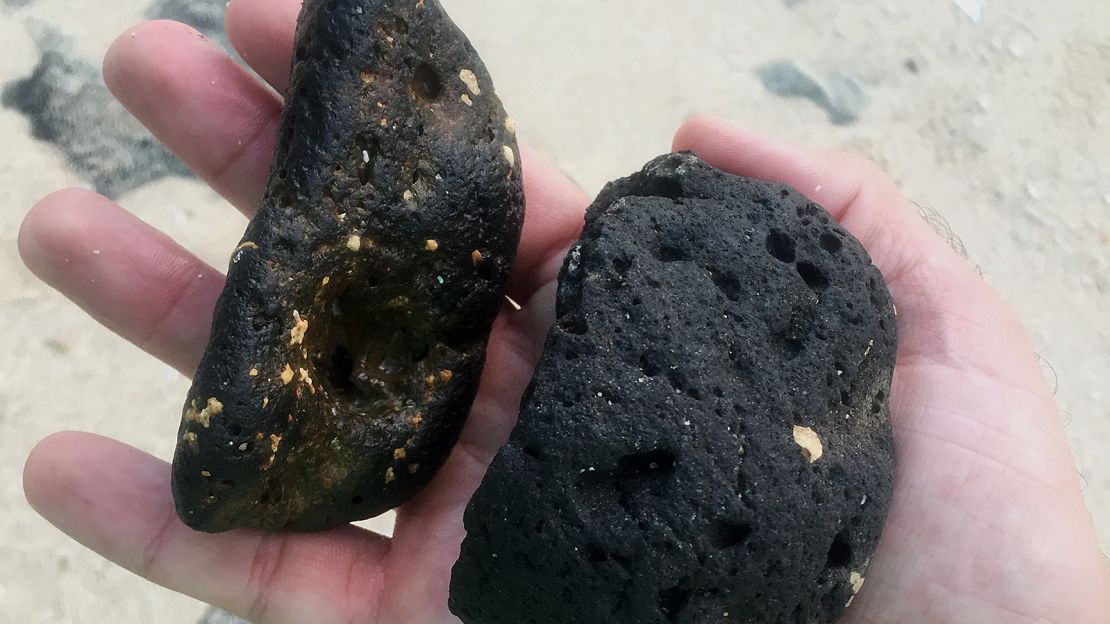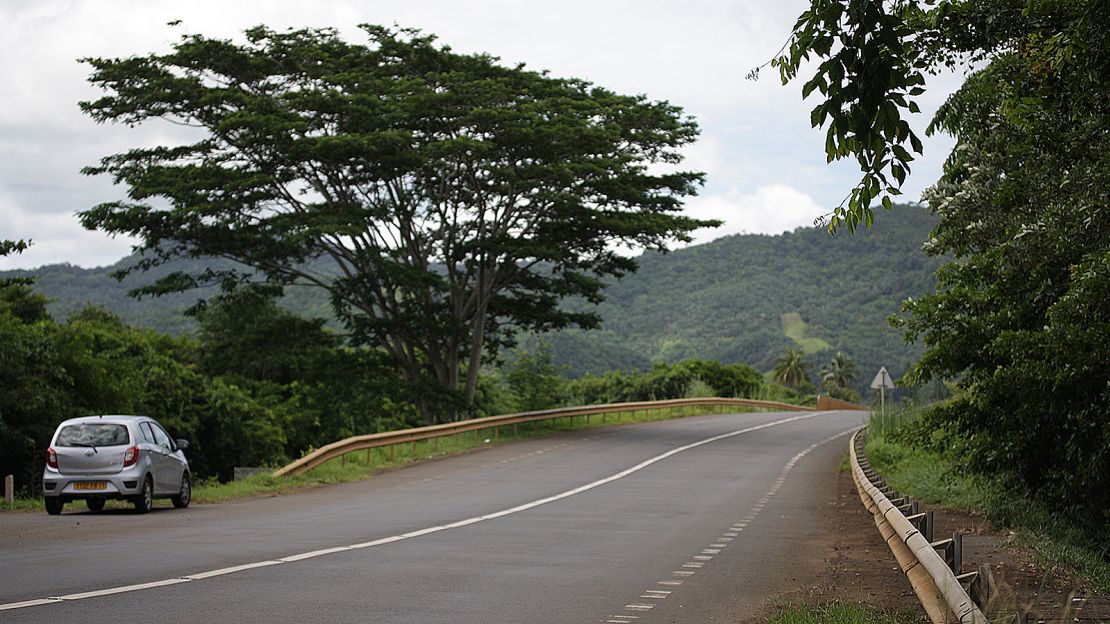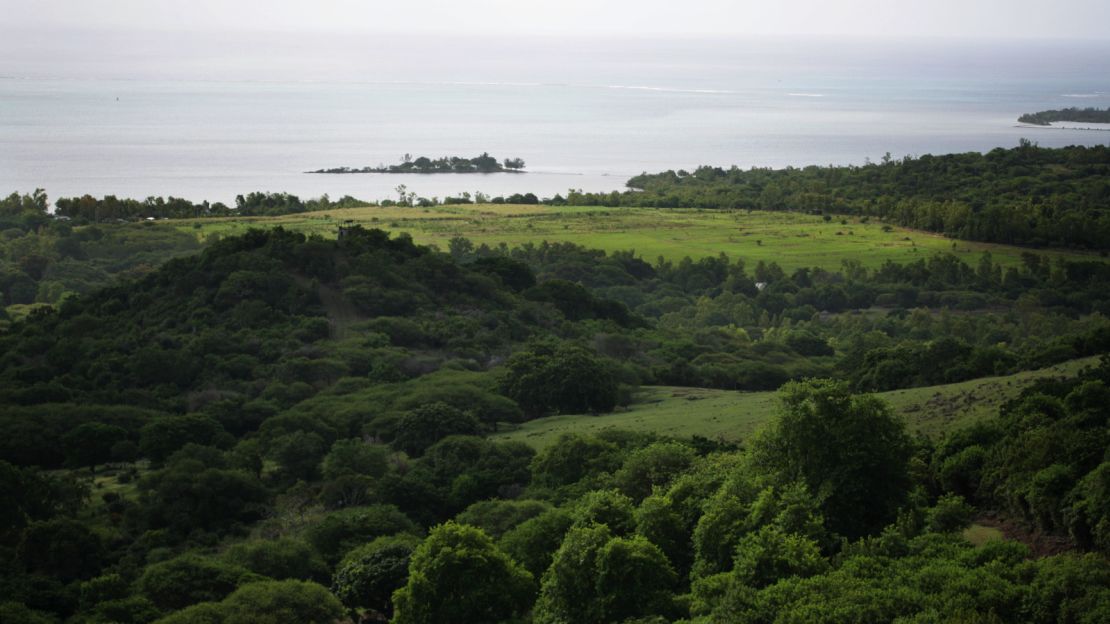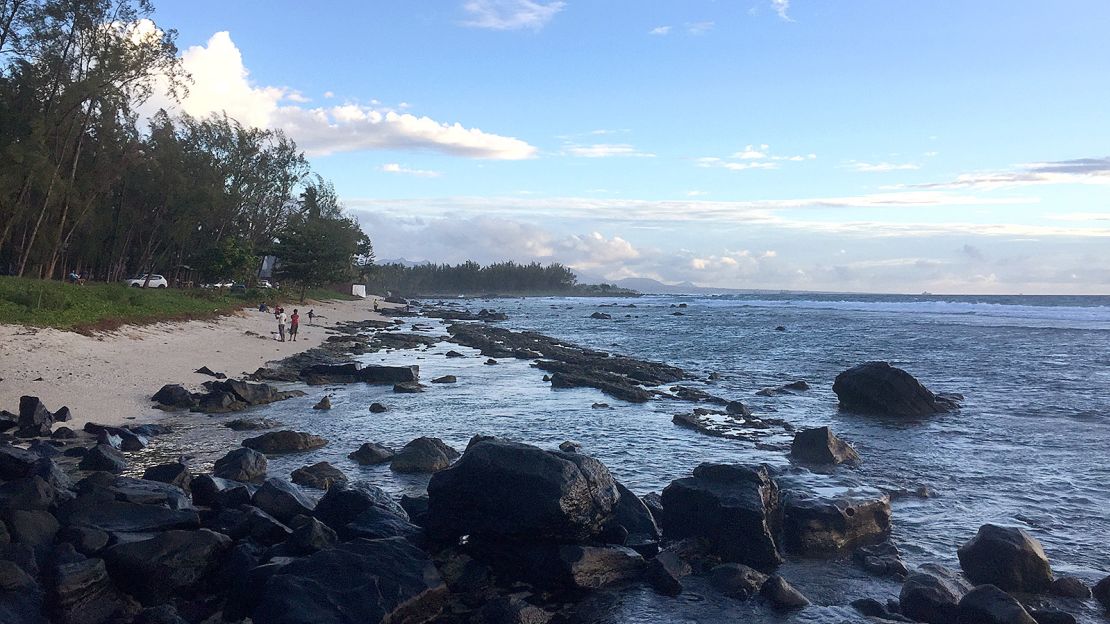Editor’s Note: CNN Travel’s series often carries sponsorship originating from the countries and regions we profile. However, CNN retains full editorial control over all of its reports. Read the policy.
The headlines promise an impossible fantasy: finding a lost continent that eons ago split off from Africa and India and went missing.
The idea conjures the sunken city of Atlantis, Jules Verne’s Mysterious Island, or King Kong’s Skull Island. Of course, none of that is even close to right, but it’s hard not to indulge in the whimsy.
Scientists are calling the “new” continent Mauritia, because fragments of it were discovered on the tropical paradise island of Mauritius.
It’s a science story with an unusually visceral impact, like when Pluto was demoted from its status as a planet, and the solar system was suddenly left with eight instead of nine. How can there be more than seven continents?
And if there are more, then where are they?
The answer is that geologists understand continents differently than most people, explains Lewis Ashwal, the scientist who made the discovery.
Broadly speaking, geologists divide the Earth into two areas, continents and oceans. The continents are of course the land. They’re also the old stuff, where geologists go looking for rocks measured in billions, rather than millions of years in age.
Under the oceans, the rocks are relatively new, mere millions of years old.
The new discovery isn’t a massive piece of land that visitors can sail to. It’s pieces of continent that got stranded when the ancient continent of Gondwana broke apart and India, Africa and Madagascar drifted apart.
Like most islands, Mauritius formed from volcanic eruptions spewing from the floor of the Indian Ocean until the lava cooled to stone, eventually allowing plants and animals to grow.
“Mauritius is a volcano, a young volcano,” Ashwal says. “There is nothing on Mauritius older than nine million years old.”
READ: ‘Lost continent’ found under Mauritius in the Indian Ocean
And yet, locked inside the island’s rocks, crushed to sand on its beaches, hidden in the most innocuous places just off the roadside, is evidence of the Earth’s earliest beginnings from billions of years ago. Pieces of continent that no one knew about.
The ancient minerals are called zircons, which are radioactive and therefore able to be dated.
“The zircons in there, most of them are about five or six million years, but a small number are almost 3,000 million,” Ashwal says. The Earth is only about 4.5 billion years old, so zircons from 3 billion years ago point to the planet’s earliest days.

“Where do you go on Earth to find rocks, those zircons that old? You go to continents. There is nowhere in the ocean that you’d go to find continental material that old,” he adds.
“Because Mauritius is sitting in the ocean, and this rock contains ancient zircons, it must be that there is a piece of continent under there.”
What this shows is that the break-up of Gondwana wasn’t as clean as previously supposed. As the continents drifted apart, bits crumbled off and got lost along the way. Chunks of continent, the continent of Mauritia, could stretch up towards India, waiting to be discovered.
Unfortunately, even the zircons are only visible through a microscope. But some of the sites where zircons were found are easily accessible, near popular tourist sites. And its worth stopping for a look, if only to marvel at the mysteries hidden in unlikely places.
MORE: How Mauritius rum is taking on the world

20.3711111S, 57.70111111111111E , near Dutch First Landing
These coordinates lead to an area of cane fields and mangroves, in a place that’s hard to reach but easily viewable from the monument known as Dutch First Landing, where Dutch sailors first set foot in Mauritius on September 20, 1598.
Though the Arabs and later the Portuguese had known about the island, no one had settled it. The Dutch eventually formed and then abandoned a colony.
The monument itself isn’t much to see, but the drive along the B28 highway is gorgeous, and dotted with old fortifications.

20.416109S, 57.384561E, near Chamarel
Across on the west side of Mauritius, through Black River Gorges National Park, the road cuts through mountains around Chamarel, making hairpin turns and dropping in one place to single lane traffic with rock face on one side and a cliff on the other.
Just past the traffic light controlling the single lane section, the exposed mountainside contained zircons that helped make the most compelling case for the lost chunks of continent, because they were embedded in the solid rock.
That eliminated any possibility that the zircons had blown onto the island somehow. This area is home to the ultra-luxurious Lakaz Chamarel restaurant and boutique hotel, but visitors can’t just pop in.
Reservations must be made well in advance.

20.0527778S, 57.52194444444444 E, Point aux Biches
Up north past Port Louis, this beachfront offers golden sunsets over white sand beaches, where more zircons were found among the sand and the black basalt rocks.
This is a beach popular with locals for picnics and evening strolls. It’s a good stopping point on the way to Grand Baie, and a place to ponder what other mysteries lie under the island.
MORE: Mauritius: The best Africa destination you know nothing about
Griffin Shea is a writer based in Johannesburg, South Africa, where he also runs Bridge Books – an independent bookstore in an old, columnated bank building








